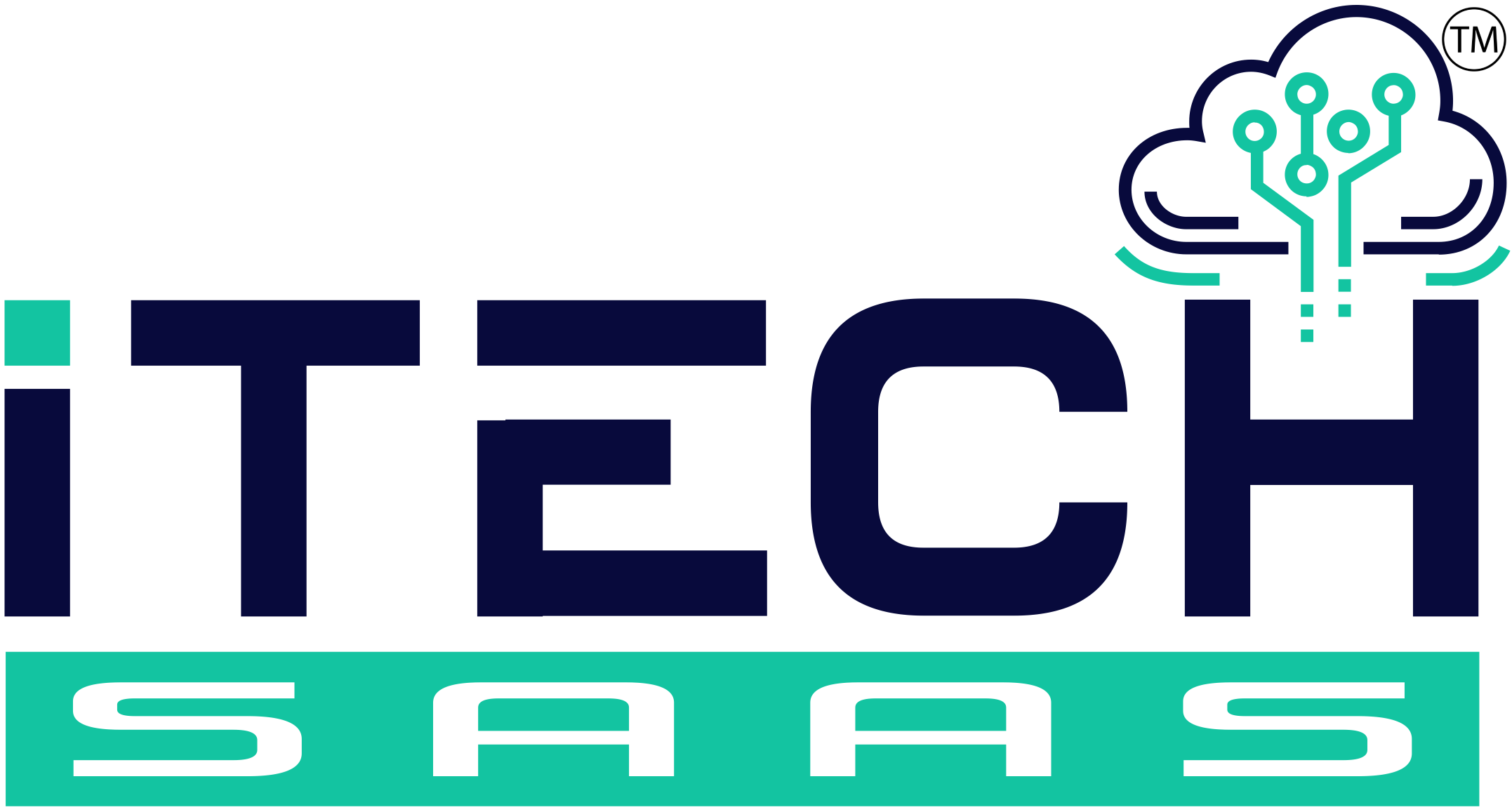
CMS maintenance can be seen as a common collection of simple activities that keep your site stable and running smoothly. They include:
- Keeping your software up to date
- Keeping your site backed up
- Compatibility checks
- Link checking
Let's look at those tips & tricks for CMS maintenance in 2021 in a bit more detail:
1. Keeping your software up to date
This reduces the likelihood that your site is vulnerable to viruses or malware (especially if you’re on an open source CMS like WordPress).
This doesn't just mean the core CMS, but also your plugins and integrations. This can be scheduled to happen automatically, but it is also worth checking to understand what the updates include and ensure it’s happening for all parts of your CMS.
2. Keeping your site backed up
When your site fails or goes down without a backup, it will cause you some serious headaches, varying from annoying to unmanageable. Scheduling regular automatic backups, and double-checking your backup files will help prevent disaster - or at least mitigate the impact.
3. Compatibility checks
You never know when a change is going to cause problems with a specific aspect of your site. Something as simple as updating software development, changing layouts, or even just adding fresh content can interact in a unique and bizarre way, and perhaps produce an effect that’s not quite what you wanted. This can be caused by any number of issues including discontinued plugins not incompatible with the newest version of the CMS, changes to a third-party API requiring reintegration, or changes to templates by the publisher.
It’s important to check regularly to make sure there are not any compatibility problems, from both a user perspective (poor experience viewing/navigating the site) and from an internal team (e.g. two plugins not playing nicely, causing an error that requires troubleshooting and reducing productivity).
4. Link checking
A simple, but surprisingly common cause of frustration for users is being sent to a non-existent or expired page - aka the 404 error. Doing this to your visitors is not the quickest way to have them bounce from your site, but it's up there.
Routinely checking your site's outgoing links to make sure they all work is pretty simple. Services like Screaming Frog can help you so you don’t need to go trawling through all your content.
Why CMS maintenance is important?
First - Security and Stability .
It will improve the security and stability of your digital platform. For open source content management systems, there is a constant crush of hackers trying to crack sites and access what they shouldn't. Unfortunately, one of the main challenges with the big open source distributors is that once an exploit is discovered in one site, or for one version of the CMS, it can usually be rolled out much quicker to other sites.
This is why other open-source sites are updated frequently — to respond to the growing number of issues, issue fixes and help keep their sites secure.
Simply, an out of date CMS is a higher security risk. And this isn’t just open source websites, the same applies to proprietary CMS software — there’s a constant attempt to crack into your goodies, and keeping your CMS up to date makes that harder.
Second - Customer Experience.
Things like plugins not working correctly, poor display due to a new device or new OS, and broken links, are probably not mission-critical.
But they do have an impact. They:
- Lower the caliber of your site
- Impact sales due to a poor experience
- Increase user frustration and decrease engagement metrics
An unmaintained CMS probably won’t cost you your business, but it might have a substantial negative impact on your sales and your brand. Although it might not be immediately obvious, our experience is the opportunity cost of not maintaining your website is far more than dollars required to do it.
Conclusion
Keep your CMS(Content Management System) and digital assets up-to-date regularly - it’s a small job. But, the work accumulates in magnitudes the longer you leave it - requiring a bigger investment to bring it up to date while costing you opportunities in the interim.
Our advice? Spend 30 minutes every other week to make sure your CMS is up to date and running smoothly from both an administrator and user perspective - it'll be one of the most valuable hours you spend each month.
